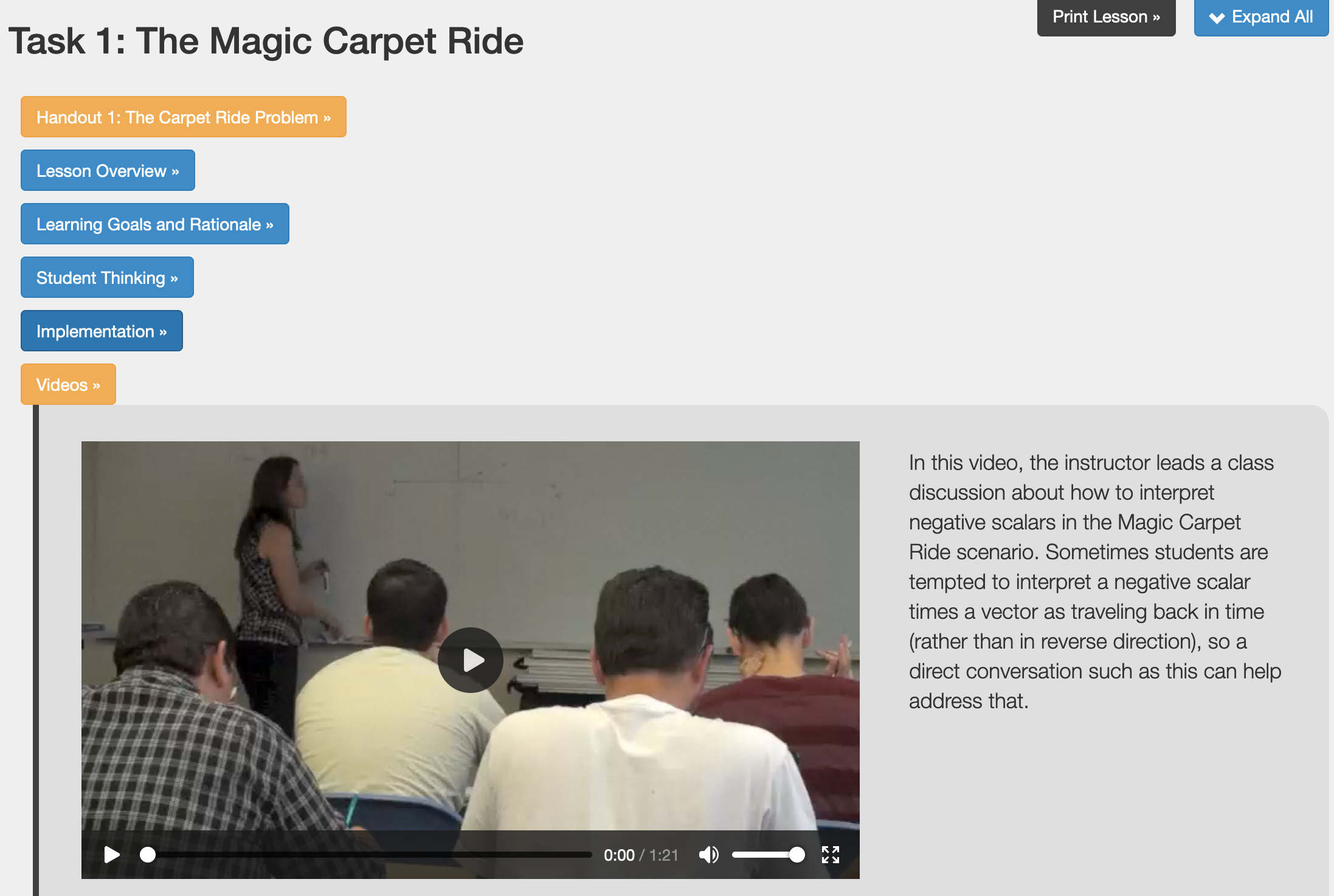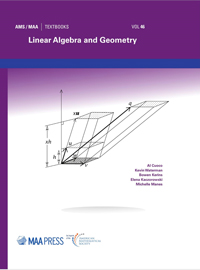I am trying to implement some version of a Project or Problem-Based Learning methodology (which I will just refer to as "PBL"[1]) in Linear Algebra and I am not sure how classes are conducted in it.
tl;dr/Question How are classes conducted in PBL? Should I just give them the problems/projects and let them figure out the words and concepts mostly by themselves, answering questions, discussing their understandings and so on? (And perhaps giving class-wide explanations of common questions, such as explained here)
I have looked up several articles on PBL, but this part is never discussed in detail. Moreover, in math courses, it seems the problems need to be guided more to make sure the necessary skills are developed (e.g. here and here).
I am apprehensive on simply throwing students linear-algebraic words and concepts, as the language itself is usually one of the main problems with them. However, I understand that this could just be me fearing deviating from my own experience.
My initial background is in pure Math. Throughout my whole formation (2010-2018 for undergrad and grad) all my classes consisted of lectures + lists of exercises (generally without a grade associated to them) + 3ish exams. There were a couple of projects here and there for the more applied courses, but they were only complementary to the lectures and exams.
I am teaching engineering courses, and the current lectures-exams approach is frustrating for several reasons which I will not get into, so I am planning on changing the teaching methodology.
I have also started studying Computer Science (at another university than the one I work in, of course) on my free time during COVID, and have found that classes have many more projects which me and the other students find much more enjoyable. To my surprise as a professor, seeing things from the student perspective, I noticed that cheating is also much less rampant in projects than I would expect. These projects are used along with exams for evaluation.
So I am trying to adapt this kind of methodology to my courses. Currently, I have written down 8 "small projects" or "hard problems" which are to be completed throughout a 18-week semester (2-ish by project) and cover all the topics in the description of the Linear Algebra Course. I think I have managed to avoid routine and/or artificial problems. I plan on using them along with standard exams for evaluation.
For example, one projects guides a group of students on how to encode two phrases with the Hill cypher; Another group receives one of the phrases in both encoded and decoded form, and another phrase is simply encoded. Then the second part of the project guides the students to use a change of basis matrix to decode the second phrase.
In this example, would the PBL approach be simply giving them the problem related to change of basis matrices, without explaining what they are beforehand, and let them look them up by themselves in the textbook?
Thanks in advance.
[1] Yes, I am cheating by conflating the two notions :)


